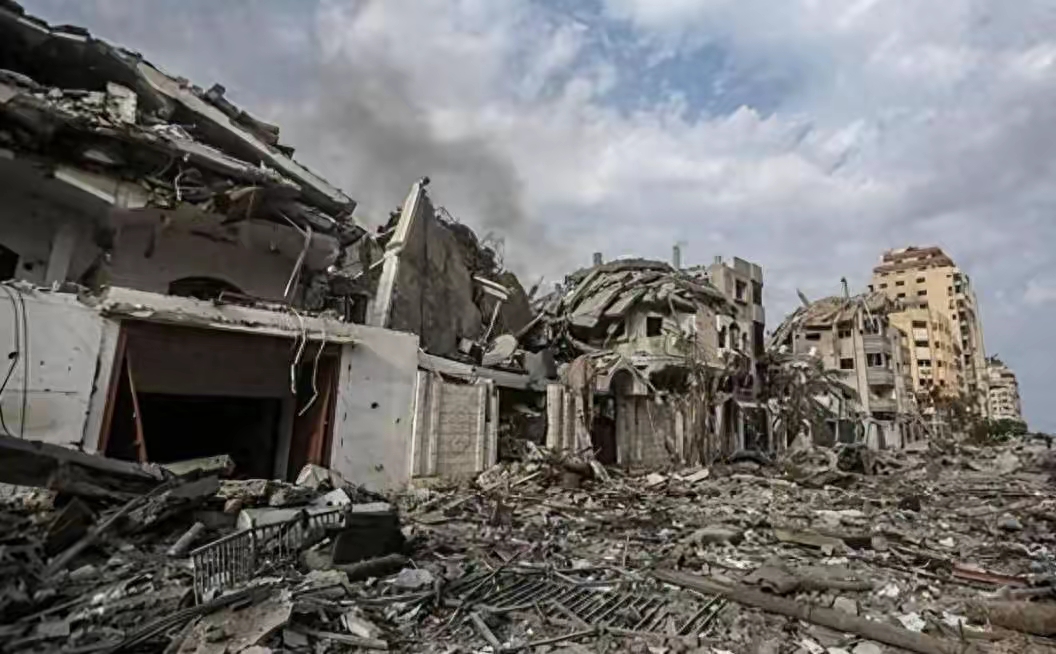
The Middle East, a region with abundant oil resources and important geopolitical status, has always been the focus of global attention. The outbreak of the Middle East War has had a profound and complex impact on the world economy.
The Middle East region has the world's richest oil resources, and its oil production and export volume occupy a pivotal position in the global energy market. When the Middle East war broke out, the energy market was the first to be impacted.
War may lead to the destruction of oil production facilities, interruption of transportation channels, and evacuation of oil workers. These factors will directly affect oil production, leading to a global shortage of oil supply. For example, in previous Middle East wars, the oil production of major oil producing countries such as Iraq and Kuwait once stagnated, leading to a significant reduction in global oil market supply.
The reduction in oil supply often drives up oil prices. High oil prices not only increase energy costs for countries, but also have a restraining effect on global economic growth. For oil importing countries, high oil prices will increase production costs for businesses, reduce consumer purchasing power, and thus affect economic activity. For oil exporting countries, although high oil prices may bring substantial income in the short term, in the long run, they may also trigger a global economic recession, thereby reducing demand for oil and ultimately affecting their own economic development.
The Middle East region is located at the intersection of Asia, Africa, and Europe, and is an important global trade channel. The outbreak of the Middle East war may damage the region's trade infrastructure, such as ports, railways, and highways, thereby affecting the flow of international trade.
For countries and regions that rely on trade routes in the Middle East, war may lead to delays in cargo transportation and increased costs. For example, the Suez Canal is one of the world's important trade routes. When the situation in the Middle East is tense, the passage of the Suez Canal may be affected, resulting in longer transportation times for goods and higher freight rates.
In addition, war may also lead to economic difficulties for some countries in the Middle East, thereby reducing demand for goods and services from other countries. This will have a significant impact on the global trade landscape, especially for countries and regions that have close trade relations with the Middle East.
The impact of the Middle East war on global financial markets cannot be ignored. The outbreak of war often triggers panic among investors, leading to severe fluctuations in the stock market, bond market, and foreign exchange market.
The foreign exchange market is also not immune. The tense situation in the Middle East may lead to fluctuations in the exchange rates of major currencies such as the US dollar and the euro. For example, when the market is concerned about oil supply in the Middle East, the US dollar, as the world's main reserve currency and oil trading currency, may be supported and rise in exchange rate. Other currencies may face depreciation pressure due to a decrease in market risk appetite.
The Middle East war has brought enormous challenges to global economic growth. On the one hand, factors such as rising energy prices, trade disruptions, and financial market fluctuations caused by war will directly affect the activity of the global economy. The increase in production costs of enterprises, the decrease in purchasing power of consumers, and the increase in investment uncertainty will all suppress economic growth.
On the other hand, war may also escalate geopolitical tensions, thereby affecting the stability of the global economy. The conflict in the Middle East may affect neighboring countries and regions, and even trigger political and economic turmoil on a global scale.
However, the Middle East war is not entirely a negative impact. To some extent, war may prompt countries to accelerate their energy transition and reduce their dependence on traditional energy sources such as oil. Meanwhile, war may also prompt countries to strengthen international cooperation and jointly address global challenges, thereby promoting the improvement of the global economic governance system.
In summary, the impact of the Middle East war on the world economy is multifaceted and complex. From the fluctuations in the energy market to the changes in the international trade pattern, from the volatility of the financial market to the challenges of global economic growth, the Middle East war has undoubtedly brought enormous uncertainty to the world economy.

报告显示,中国电力投资加速增长,预计2024年电网基建投资将超过5300亿元。
近日,市场迎来了一则引人注目的消息:工业巨头3M公司(MMM.N)在本周五公布了其季度业绩报告,随后股价飙升至近两年来的
最近,外媒给OpenAI算了笔账,今年可能要血亏50亿美元。
近日,巴黎奥运会和世界铁人三项协会联合发布了一项重大决定,宣布因塞纳河水质污染问题,原定于近期进行的奥运会铁人三项首次下
当地时间7月18日,法国巴黎发生了一起令人震惊的持刀袭警事件。
近期,一则重大消息在国际舞台上引起轩然大波,马来西亚宣布加入金砖国家。
调查发现,互联网和智能手机的使用干扰了韩国近五分之一学生的生活。